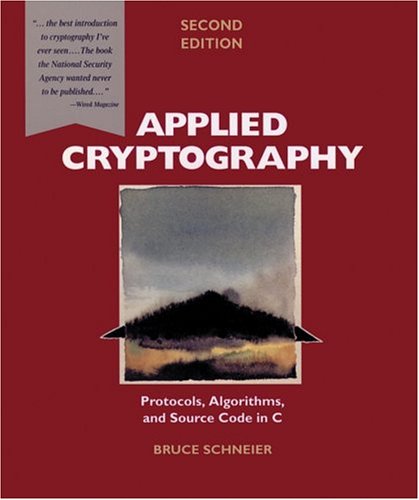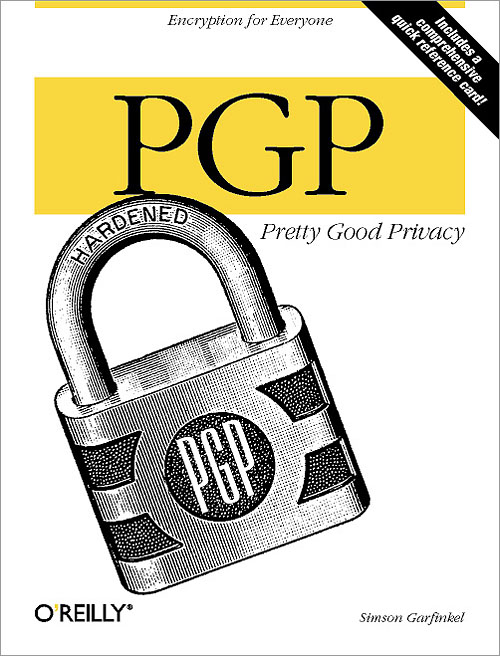Bacardi Mojito commercial with music by Matt and Kim – genius
Tuesday, May 19th, 2009Whoever’s making commercials for Bacardi is a genius. I usually don’t even drink rum, but this new commercial certainly has me thirsty for a mojito. The music is by “Matt and Kim”, the song is called “Daylight”. They’re on Green Label Sound (who seem to be some sort of musical offspring of PepsiCo/Mountain Dew – and also have some sort of relationship to an artist I’ve heard of before – Flosstradamus). Matt and Kim have an official website too! You can download an honest to goodness MP3 of the song from the label’s site. And finally there’s full access to a video of the commercial on YouTube! Unbelievable, I guess after all those years of having to search out your favorite commercial’s songs, lyrics, videos, etc. are over and done with. Now all this media is at our fingertips and I’m pretty sure the folks running the show at the companies that come up with the commercials, that make the products and that create the music … finally get it! Thank you social media!
Here are the lyrics for anybody who’s trying to decypher the words:
 I just got pointed to
I just got pointed to  I read about a “quiz” by a psychology professional named Paula Pile
I read about a “quiz” by a psychology professional named Paula Pile  Martin Zwilling (
Martin Zwilling (